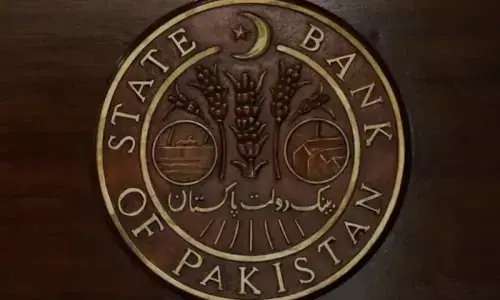The Lahore High Court on Tuesday stopped the Punjab government from arresting activist Ammar Ali Jan, terming his arrest orders issued by the Lahore deputy commissioner a violation of the Supreme Court's decisions.
Last week, Jan had narrowly escaped arrest from Lahore's Charing Cross, where he was attending a student protest, which was being held to highlight the issues being faced by students in Pakistan.
His arrest orders were issued by the Lahore deputy commissioner on Thursday under Section 3 (power to arrest and detain suspected persons) of the Maintenance of Public Order Ordinance. According to the order, Jan was a "potential danger to public peace, law and order situation" and must be detained for 30 days "in order to keep the law and order situation in the city".
Jan had left the protest venue on Thursday along with his friends in a car which was followed by a police van, according to him. Jan's vehicle was stopped by law enforcement officials at Gulberg Main Boulevard, from where he was taken to a police check post.
Following negotiations with policemen, Jan and his friends were allowed to leave with the assurance that they would appear before the station house officer of the Civil Lines police station within two hours.
Jan had, however, said that his lawyer would appear on his behalf and the activist would approach the court for pre-arrest bail.
During today's hearing, which was presided over by LHC Chief Justice Qasim Ali Khan, the court also issued notices to the Punjab government and other respondents, directing them to submit a reply on Dec 17.
Jan's lawyer, Hina Jilani, said that the Lahore deputy commissioner had issued orders for the academic's arrest. She informed the court that Jan was a professor and had taught at FC College.
Jan told the court that he was a writer, teacher and activist, adding that he was previously nominated in two other cases and had been granted bail.
The chief justice questioned whether Jan had a criminal record and observed that in light of the Supreme Court's decision, nobody could be arrested merely after registration of a case against them.
"[If such a thing was allowed to happen,] then powerful people in Pakistan would never allow their opponents to be released," Justice Khan remarked.


































